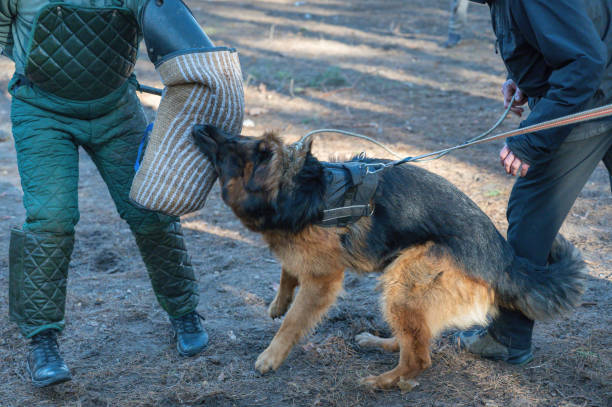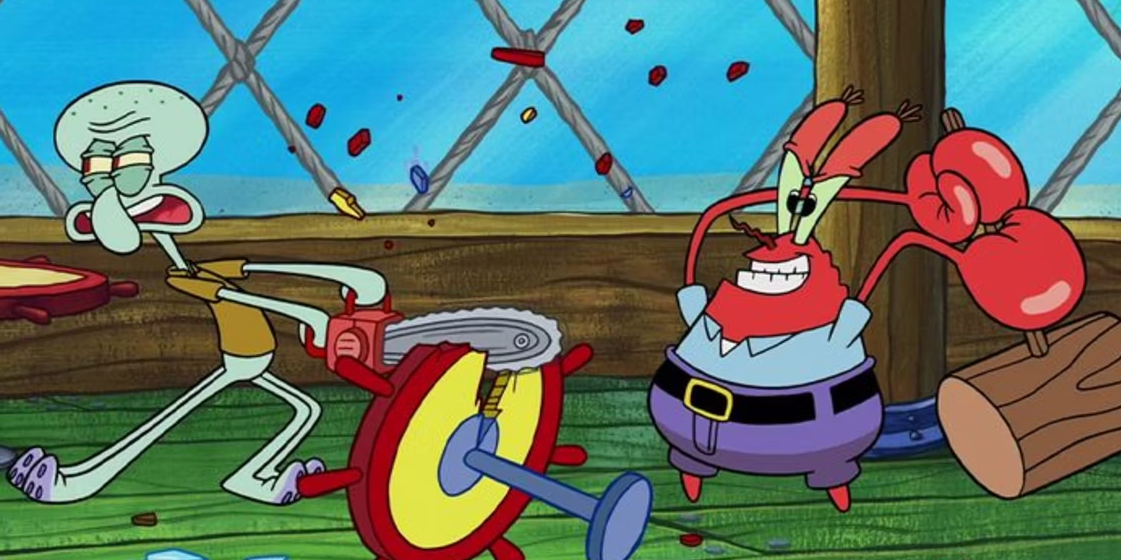When a person becomes older, their hair grows much slower than it did in their younger years. Although both men and women experience thinning hair and loss of hair, especially with the passage of time, the former condition is typically more evident in women because most women keep their hair longer than most men. It is essential for not just elderly women but also family caregivers and senior care providers to gain as much knowledge as possible regarding hair thinning and hair loss in older women. Those who need to will then be able to assist older adults in coping with the causes of the condition and collaborate with elderly women to find ways to prevent it.
We will also share a solution to the problem of acute hair loss after concluding our discussion on the causes of hair loss in elderly women.
Genetic Factors
According to experts, another method for determining the issue of hair loss is by simply examining it. This examination by medical experts can extend beyond the women in question to also include the patient’s mother, aunts, or grandmothers – should they be alive – to see specifically whether or not they have experienced a comparable or even more severe degree of hair loss. When magnification is applied to a woman’s scalp, it is possible to determine whether or not her hair follicles vary in size, with some being thicker than others. Both of these symptoms indicate female pattern hair loss, also referred to as androgenetic alopecia.
According to the American Academy of Dermatology (AAD) experts, this genetic disorder affects around 30 million American women. Dermatologists also note that while it is most common in people in their late 50s or early 60s, it can strike at any age, including teenage years. So, you can imagine the plight of hair loss in 70 or 80-year-old women.
When a normal hair follicle falls out, it is often replaced by new hair with the same length and thickness as the previous one. However, the new hair that grows in women with female-pattern hair loss is more delicate and thinner than the old hair; it is a more shrunken replica. The hair follicles are becoming smaller, and they will soon stop developing hair.
Age-Related Factors
As a woman ages, her hair follicles become less efficient in producing new hair, which reduces the rate at which her hair grows. Because hair naturally sheds, there simply isn’t enough production of new hair to replace it. As a result, the hair left on the head is fine and, at times, spotty. It is already challenging to develop hair and maintain it, but going through menopause can cause a decline in vital hormones that assist in the promotion of hair growth. This makes it even more difficult.
Diet and Nutrition
A considerable impact can be made on an elderly person’s hair growth by a deficiency in essential vitamins and minerals. It is common for elderly people to fall prey to malnutrition due to the loss of appetite that often comes with age and the possibility that they do not prepare very good meals for themselves. The vitamins A, B6, and B12, as well as vitamin C, are a few essential vitamins that all contribute to good hair. Vitamin C is also crucial. Biotin, copper, iron, and zinc are a few examples of additional vital nutrients. Since unhealthy hair is weaker than good hair, it is more likely to break off.
Side Effects from Medication and Drugs
There are many different medications, many of which come with the adverse effect of hair loss. Taking these forms of drugs could naturally hasten the process of thinning hair – a process that is already in place in senior women. Blood thinners, antidepressants, chemotherapy, and gout treatment are some medications commonly used to treat elderly patients and are also known to induce hair loss. Caregivers within the family can discuss with medical professionals to investigate the possibility of modifying dosages or switching to alternative formulations if any of these options is feasible.
Illnesses and Other Complications
Younger women are at a much lower level of risk of having a chronic condition affecting hair development and production than older women. This risk, however, increases with age. Diabetes and hyperthyroidism are two common illnesses linked to hair thinning and hair loss in 80-year-old women. These illnesses have an effect on hormones and metabolism, both of which, in turn, have an impact on the growth of hair and its overall health. If these disorders are well managed, hair loss in older women may be delayed or slowed altogether.
Poor Grooming Regime
Sometimes even the best care and therapy can’t save the hair of an aged person, even if their hair is in good health. When assisting older ladies in bathing and grooming themselves, family caregivers and professional caregivers for seniors should be as gentle as is humanly possible. They should only use mild shampoo and water that is at a warm temperature. The temperature of any hair dryers should be adjusted to a low setting, and senior care professionals should also avoid using a curling iron set to a high temperature. On top of this, harsh hair dyes and other chemical treatments can also harm hair.
Final Thoughts: What Is the Remedy for Hair Loss in Elderly Women?
By adopting a healthier lifestyle, including making different dietary and medicinal choices, taking supplements, and following careful grooming techniques, elderly women can keep their hair for longer. But we must be realistic, no medicine or regime can save them permanently.
In case of acute loss, women’s wigs can be a great and convenient option. Lordhair is a leading brand in providing the best solutions for women who lose their hair for any reason. Our whole inventory offers an exceptional variety of women’s wigs and hair toppers made from premium materials. We can assure you that once you try on a wig from us, there is no way you will look for another company.
So, place your order now and enjoy fantastic pricing and discounts on a huge selection of wigs, toppers and hair replacement for women!









